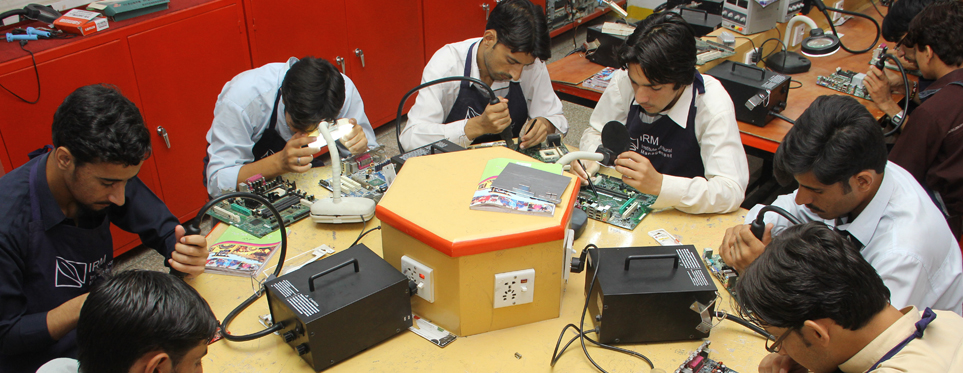Investing in Pakistan, Foreign direct investment is an essential injection tool for the economic growth of developing countries. As Pakistan is a developing country, the importance of foreign direct investment is equally important for its economic development. Pakistan’s economy is currently suffering from a crisis of high inflation, the focus is on diversifying investments to mitigate its effects. The success of investment policies can be o evaluated by their size. Such measures and efforts to attract foreign investment have been strengthened. The availability of natural resources, labor, and easy port are key opportunities for foreign investors to invest in Pakistan, while terrorism and infrastructure are key challenges.
The government of Pakistan should provide a high level of security for investors to increase foreign direct investment. International research institutions still consider Pakistan as an attractive market for investment in many sectors, energy, mining, infrastructure, and natural resources are the main investment opportunities for investors in Pakistan. Here, in this article, we’ll talk about investing in Pakistan opportunities and challenges for foreign investors.
Investing in Pakistan Opportunities:
Table of Contents
Investing in Pakistan provides a number of opportunities for foreign investors but along with also come across various challenges. Let’s take a look at the opportunities and challenges for foreign investors to investing in Pakistan.
Geo-strategic Location:

Geo-strategic Location is the biggest opportunity for foreign investors to invest in Pakistan. Pakistan is a market full of opportunities just because of this strategic edge. Pakistan is ideally situated to develop as Asia’s premier trade, energy, and transport corridor. Also, it serves as a gateway to the economically strong Far East lions, the financially stable Gulf states, and the energy-rich Central Asian states.
Population and workforce:
Almost 55 percent of the Pakistan population is under the age of 19, which bodes well for long-term sustainable economic growth. Pakistan has a strong middle class, the majority of the workforce is intelligent, diligent, and skilled in English. Pakistan has a large pool of trained and experienced engineers, bankers, lawyers, and other professionals, many of whom have international experience. The consumer market in Pakistan is growing rapidly reflected by the tele-density which has now crossed 150 million.
Economic Outlook:

Investment in countries of high economic strength is the leading opportunity for Foreign Investors as it assures investors of increased opportunities for business. Pakistan’s economy has proven resilient to shocks throughout the global financial crisis, has maintained global and regional patterns, and has outperformed some of its neighbors.
Investment Policy:

Investment Policy is another best opportunity for investors to invest in Pakistan. This policy is developed to provide a comprehensive framework for creating a conducive business environment for attracting Foreign direct investment. The cost of doing trade is quite expensive by international standards in Pakistan. The main principles of Pakistan’s policy tendencies have been liberalization, deregulation, privatization, and facilitation.
Special Economic Zones:
The Special Economic Zones Act was enacted to address issues of global competitiveness and investment attraction. The law allows for the establishment of industrial clusters with generous incentives to facilitate investors, infrastructure, and services to increase productivity and reduce operating costs for economic growth and poverty reduction. The bill also contemplates streamlining the process in Pakistan through Special Economic Zone.
Challenges for investors to Investing in Pakistan:
Lack of Infrastructure facilities:

The infrastructure facilities such as electricity, telecommunications, and water goods are important components of friendly investment in a business environment. Pakistan does not have such facilities; an adequate water system is a vital amenity for life. Infrastructure facilities in developing countries attract high levels of foreign investment. Pakistan’s infrastructure facilities are unfavorable that are necessary to attract high levels of foreign investment.
No Flexible attitudes towards foreign investors:

As the world turns into a global village and national and international businesses share expertise, educating the public about the market is becoming increasingly important. It is very important to create an enabling environment in Pakistan where common people can understand the benefits of foreign investment. The attitudes of developed countries towards foreign investors are more flexible than those of developing countries. The behavior of the Pakistani people is not so flexible and even the country’s bureaucracy is so complex that investors are easily influenced by their policies. Hence, it seems that this may discourage foreign investors from investing in Pakistan for a long time in the future.
Lack of Technically Trained and Educated Labor:

Skills, knowledge, and attitude play an important role in decision-making for foreign investors. Hence, skilled labor, knowledge, and a positive attitude in society are necessary but Pakistan still lacks the skilled labor force needed to draw in foreign direct investment. Pakistan spends 2% of its budget on education which is a very small amount so the education literacy rate is very low compared to these countries. Pakistan can provide skilled labor in the market but it needs long-term planning.
Terrorism:
Terrorism is the most important issue that can affect foreign investment in Pakistan. Several bomb attacks during the recent decade show the serious impact on foreign direct investment in Pakistan. The protection of capital assets and the security of Chinese investors are key issues that may affect Chinese investment in the country and terrorism is a pressing problem facing every province of Pakistan. Investors generally have a negative opinion of the country’s counter-terrorism policies.




